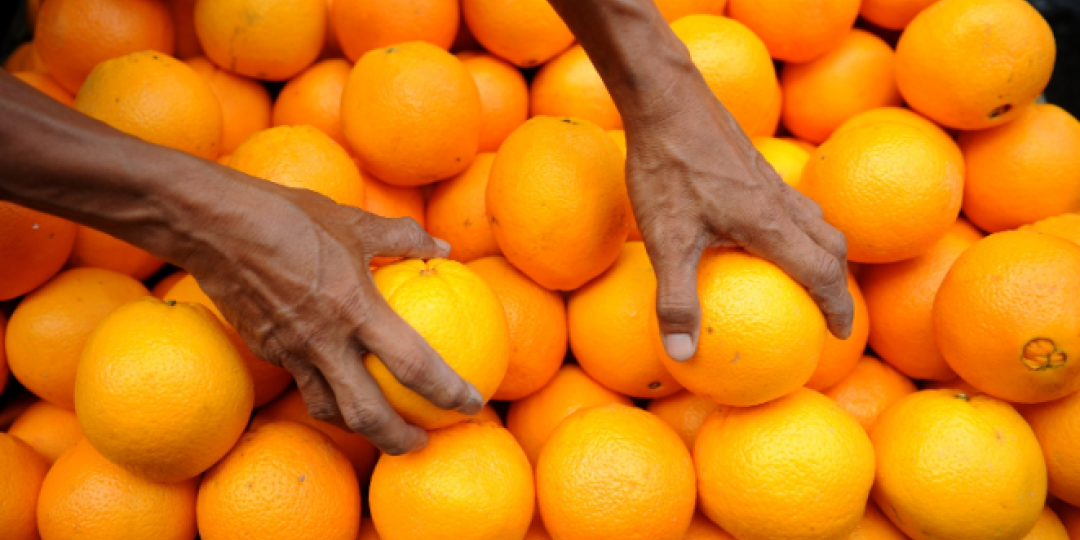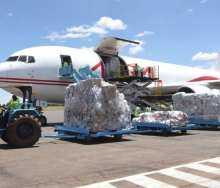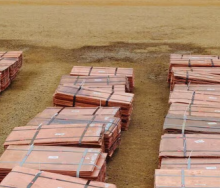A ban on fresh produce imports from South Africa, implemented by Botswana in 2022, has been extended until 2025.
Futhermore, the scope of the ban has been expanded to include oranges.
The South African government has urgently requested a meeting with Botswana officials to discuss the potentially negative impact on trade relations between the two countries.
The ban has already led to revenue losses for South African farmers due to a decrease in demand.
Botswana's President, Dr Mokgweetsi Masisi, has defended the decision, stating that the ban on imported vegetables was a powerful move to boost local farmers and the economy.
He believes that the initiative empowers Batswana by promoting self-sufficiency and improving livelihoods.
However, the ban has left Botswana undersupplied, according to produce traders in the country.
South Africa exports large quantities of oranges, as well as other produce such as onions, potatoes, and cabbages to Botswana.
Batswana traders are now asking their government to reconsider its importation ban policy and allow at least 30% of fruit and vegetable commodity imports, arguing that local producers have not been able to meet the demand for most of the barred commodities.
The ban is part of a broader trend in the Southern African Customs Union (SACU) region, with Namibia also implementing similar restrictions.
While the SACU agreement encourages free trade and economic integration, it allows for such restrictions under certain circumstances.
As South Africa and Botswana navigate this trade dispute, experts suggest that a measured response is needed, one that is sensitive to the concerns of both countries while working towards a more balanced and sustainable trade relationship in the region.
News of the ban comes as a potential challenge for the hoped-for collaborative resolve of John Steenhuisen and Parks Tau, respectively representing the DA and the ANC in the Government of National Unity in which the former is agriculture minister, and the latter, trade, industry and competition minister.













